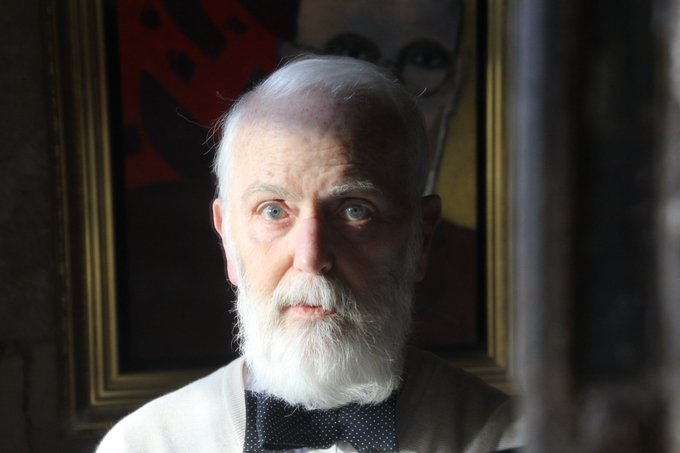Well, that’s certainly what the BBC seems to be implying in its recent article, where it reports that there are “concerns over focus on skin colour in newborn checks”. Are we even surprised, at this point? Every single facet of Western society is built upon racism and exploitation, didn’t you know? At least, that is what the BBC and most of the establishment media would have us believe.
Anyway, back to the article, which we’ve kindly read so you don’t have to. The story focuses on a review by the NHS Race and Health Observatory and their concerns about the language used when assessing the health of newborn babies.
Since the 1950s, healthcare professionals have been using what’s known as the Apgar score. This is a basic scale used to assess the baby’s muscle tone, pulse, reflex response, breathing rate and appearance. The carnal sin the Apgar score commits is its use of colour to denote health. If a newborn is shown as having “signs of blue”, they will be scored 0 points, and if “completely pink”, 2 points. The higher the score, the healthier the appearance of the newborn. Obviously, those of darker skin don’t identify as “pink”.
The BBC then refers to an interview of healthcare professionals and parents undertaken by researchers at Sheffield Hallam University. The findings of the interview showed that “most” thought that the language used was inappropriate and needed to change.
Let’s pause right there. Firstly, anyone familiar with research and statistics will tell you that an interview pool of just 57 people (33 healthcare professionals and 24 parents) is too small a number to gain any meaningful insight, and how much, exactly, is “most”? Technically, all it would take is 29 of those individuals to constitute “most” – hardly a vast majority. If it was the vast majority, you can bet your life the BBC would be screaming about it from the rooftops.
Secondly, should we really be concerned about the parents’ opinions on medical language? They are not medically trained or involved in any diagnosis, so really, it should be of no concern what their thoughts are.
The next issue highlighted is the screening for jaundice. For lighter skins, the onset of jaundice is characterised by the yellowing of the skin and our healthcare professionals have traditionally been trained to look for this symptom. This can obviously be problematic for darker skin complexions, where the yellowing may be harder to spot. The review found that healthcare professionals had instinctively adapted the check, looking for colour changes around the lips, as an example. Clearly, then, they are doing what they can under the difficult circumstances.
Prof Dunkley-Bent and Dr Daghni Rajasingam, who co-chair the NHS Race and Health Observatory group working on maternal and neonatal health, said: “There is a pressing need for more objective outcome measures to mitigate the impact of racial bias when employing these assessments,” they said. Funny, isn’t it, how so many supposed experts call for changes and reform, but never do they suggest how these can be achieved?
Well, we certainly can. First, let’s acknowledge that we all wish for the well-being of any child being born into this world, and striving to help at-risk newborns is commendable. But it shouldn’t come as a surprise that decades of mass immigration, usually of varied ethnicity, would eventually put such a massive strain on the NHS. There’s simply too many people feeding off the system and the NHS is inadequately funded to cope.
It’s also unfair to suggest that maternity wards are racist. Can our healthcare professionals realistically be expected to become experts in the biological quirks of all the racial diversity potentially visiting their hospitals?
As an anecdote, during a visit to Asia, I once had to visit a dermatologist about a rash that had developed on my face. The doctor, who was clearly very professional and experienced, was honest with me. He told me that he wasn’t entirely sure what the cause was because he was inexperienced with Caucasian skin, but he proceeded to do his best in treating me. This is the reality of medicine.
The United Kingdom was traditionally ethnically homogenous and our medical practice naturally revolved around that fact. The problems highlighted in this review are the fault of successive governments and their lax immigration controls, which has resulted in a population so ethnically diverse that no health system could efficiently accommodate it.
The answer is to cut immigration and therefore ease the burden on the already struggling NHS, and this is exactly what the Homeland Party would do. There are people who have been waiting for life-saving treatment and operations for months, sometimes upwards of a year. The pressing need is to fix this problem, not worry about so-called “racial bias”, as Prof Dunkley-Bent and Dr Daghni Rajasingam suggest.

